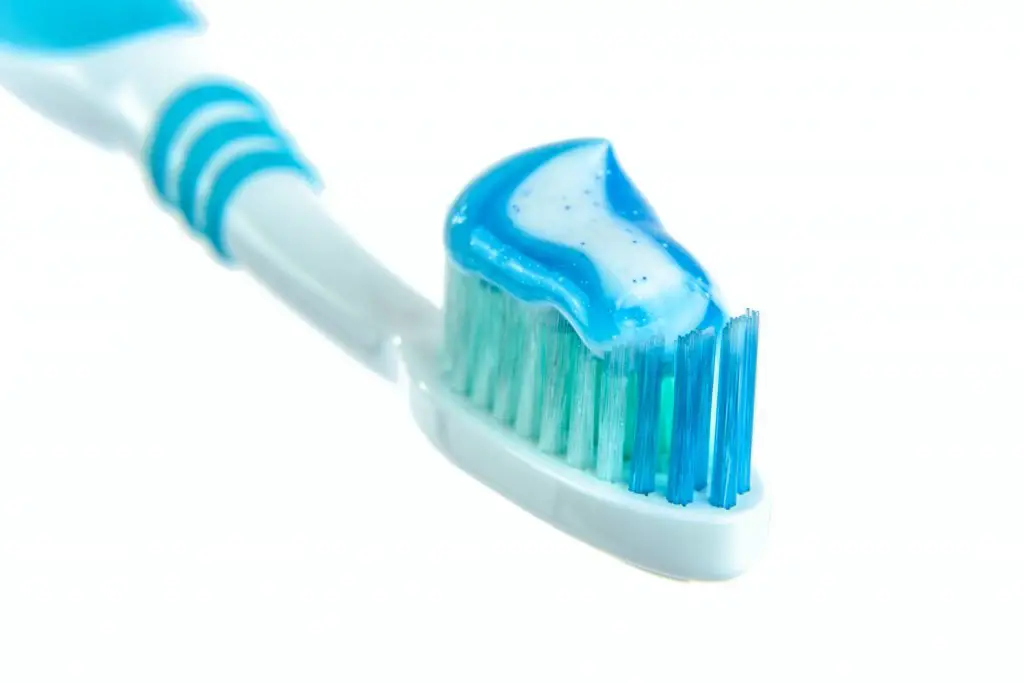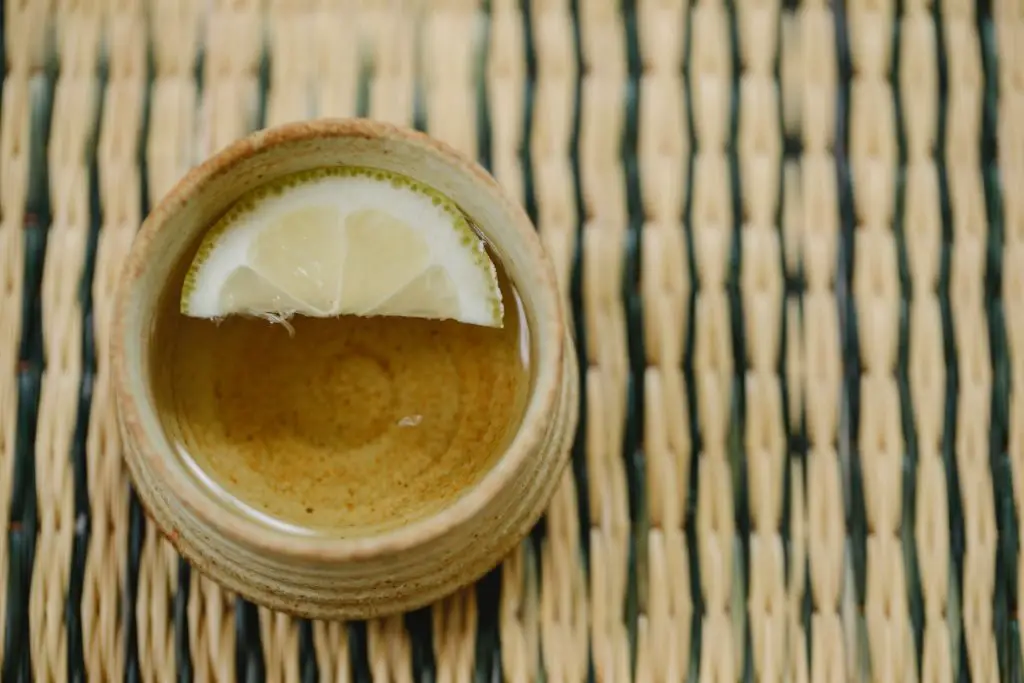Teeth sensitivity is one of the most common problems in today’s era. You can identify it as the pain or discomfort you experience after eating or drinking something hot or cold. But how does it develop? How can you relieve the pain caused by it? Let’s find answers to these questions in this article.
Teeth sensitivity can happen due to various reasons. It stays as a guest in your mouth for some time. But if not cured immediately, it can become a permanent member inside your teeth.
Causes of Sensitive Teeth
Some people may have more sensitive teeth than others and it is completely natural. It may happen if a person has a thinner enamel. Enamel is the outer layer of the teeth that protects it. If it gets damaged, your teeth become more sensitive. It can happen due to:
- brushing your teeth too hard
- using a hard toothbrush
- grinding your teeth at night
- constantly eating or drinking acidic foods and beverages
Dentin is an essential part of the tooth protected by the hard enamel at the top and cementum at the root. It can become sensitive due to the presence of microscopic tubules that connect to the tooth pulp, which protects the nerves. If the protective layer is damaged or lost, the nerves will be exposed, causing sensitivity.
Some other health conditions can also lead to tooth sensitivity. For instance, Gastroesophageal reflux (GERD) can cause acid to come up from the stomach and food pipe. It may wear down teeth over time. Other conditions that cause frequent vomiting can cause the stomach acid to wear down the enamel.
Tooth decay, broken teeth, chipped teeth, and worn-down fillings or crowns are primary causes of teeth sensitivity. In these cases, you will feel pain in one particular tooth or a particular region of your mouth instead of the whole teeth. Not brushing your teeth can also lead to sensitivity.
Teeth sensitivity can also develop after dental work like — getting fillings, crowns, or teeth bleaching. However, it remains confined to the tooth that has received the treatment. It is temporary and subsides after several days.
8 Home Remedies for Pain Relief

Now you know that you have tooth sensitivity. What should you do now? f you are experiencing unbearable pain, you can go for dental treatment
However, if the pain is bearable and you don’t want to go to a dentist, here are the top eight remedies that you can do to stop sensitive teeth pain immediately.
Desensitizing Toothpaste
Desensitizing toothpaste contains a compound known as potassium nitrate. This ingredient efficiently blocks the pain signals from traveling to the brain to the exposed nerve in your tooth.
After some use, you will notice that the sensitivity has significantly reduced. Dentists recommend using a soft-bristle toothbrush and low-acid or fluoride mouth rinses to maintain oral hygiene.
Saltwater Rinse
Salt, being an effective antiseptic, can help reduce the inflammation in your teeth. You should gargle with a saltwater rinse twice a day to alleviate pain symptoms from the sensitive teeth. Follow these steps to use a saltwater rinse:
- Mix 1/2 to 3/4 tsp of salt with a glass of lukewarm water.
- Waggle the solution for 30 seconds in your mouth.
- Spit the solution.
Hydrogen Peroxide
Hydrogen peroxide has antiseptic and disinfectant properties. Due to this, it is widely used to sterilize cuts, burns, and other wounds to control infection. It can also be helpful to heal gums and prevent inflammation. You can use hydrogen peroxide as a mouth rinse in the following way:
- Mix two caps of 3 percent hydrogen peroxide with equal parts of warm water.
- Wag the solution in your mouth for up to 30 seconds.
- Spit it afterward.
- Rinse your mouth with water subsequently to remove any remaining hydrogen peroxide.
Turmeric
Turmeric, with its cooking properties, can be used as an anti-inflammatory treatment. It contains a compound called curcumin, known for its anti-inflammatory effects. Ayurvedic treatments extensively use turmeric to cure digestive disorders and as an agent to enhance wound healing.
Turmeric offers ample benefits to your oral health as well, such as alleviating pain caused by sensitive teeth. All you have to do is massage ground turmeric on the affected region. An alternative would be creating a paste from 1 tsp turmeric, ½ tsp salt, and ½ tsp mustard oil. Applying this paste to your teeth and gums twice a day will gradually relieve pain.
Green Tea

Green tea has always been associated with fitness. Its health benefits are known to everyone. It has been used in cancer prevention and cardiovascular health studies due to its antioxidant effect and anti-inflammatory properties. In addition, it has helped many people in maintaining good oral health.
For sensitivity, use unsweetened green tea as a mouthwash at least twice a day. It will help in strengthening your teeth and reducing inflammation.
Honey and Warm Water
Even though honey is a sugary substance, it can help speed up the healing process and reduce pain, swelling, and inflammation. It is an antibacterial agent that is used for wound management purposes.
Make a mixture of honey and warm water and thoroughly rinse your mouth with it. It will reduce pain from the sensitive teeth and will promote oral hygiene.
Vanilla Extract
Vanilla extract has pain-relieving and antiseptic properties. To treat tooth sensitivity, pour vanilla extract on a cotton ball. Then, apply that cotton ball to your gums for a few minutes and repeat the process whenever needed.
Capsaicin
The compound that makes most pepper spicy is known as capsaicin. It is found in chili peppers and many other similar products. It has analgesic properties and is used to treat burning mouth syndrome, to reduce pain and inflammation.
For treating sensitivity, use capsaicin as a topical gel or as a mouth rinse. Initially, you may experience burning sensations, but eventually, it will reduce the pain.
Outlook
We have discussed the top home remedies to treat oral pain and tooth sensitivity. But remember that home treatments can alleviate pain temporarily. They are not the permanent solution to the pain and discomfort caused by sensitive teeth. Hence, professional solutions are recommended to completely eradicate oral pain.
If the symptoms persist and the pain becomes agonizing, you may need additional treatment. Contact your dentist in these scenarios for further instruction and procedure.

